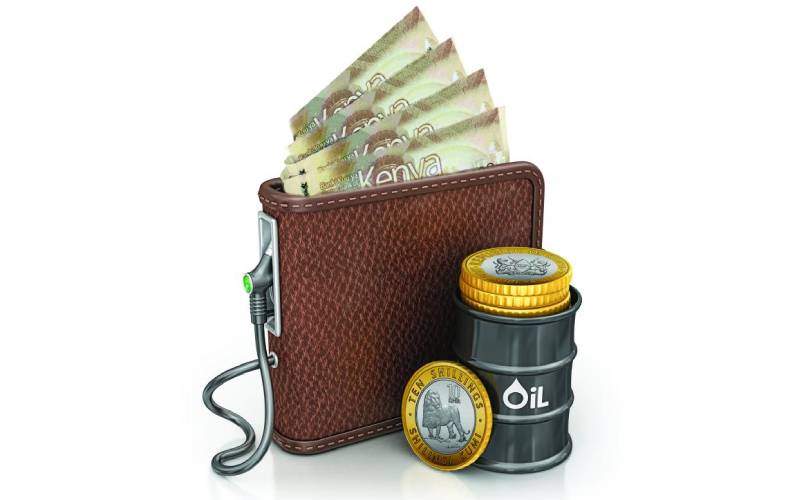×
The Standard e-Paper
Stay Informed, Even Offline

Central Bank of Kenya (CBK) has said that high food and fuel prices, and taxes will continue to put pressure on livelihoods.
In a statement yesterday, CBK’s Monetary Policy Committee (MPC), the bank’s highest decision-making organ, noted that the overall increase in prices of goods and services has largely spiked due to a jump in the cost of fuel and food.